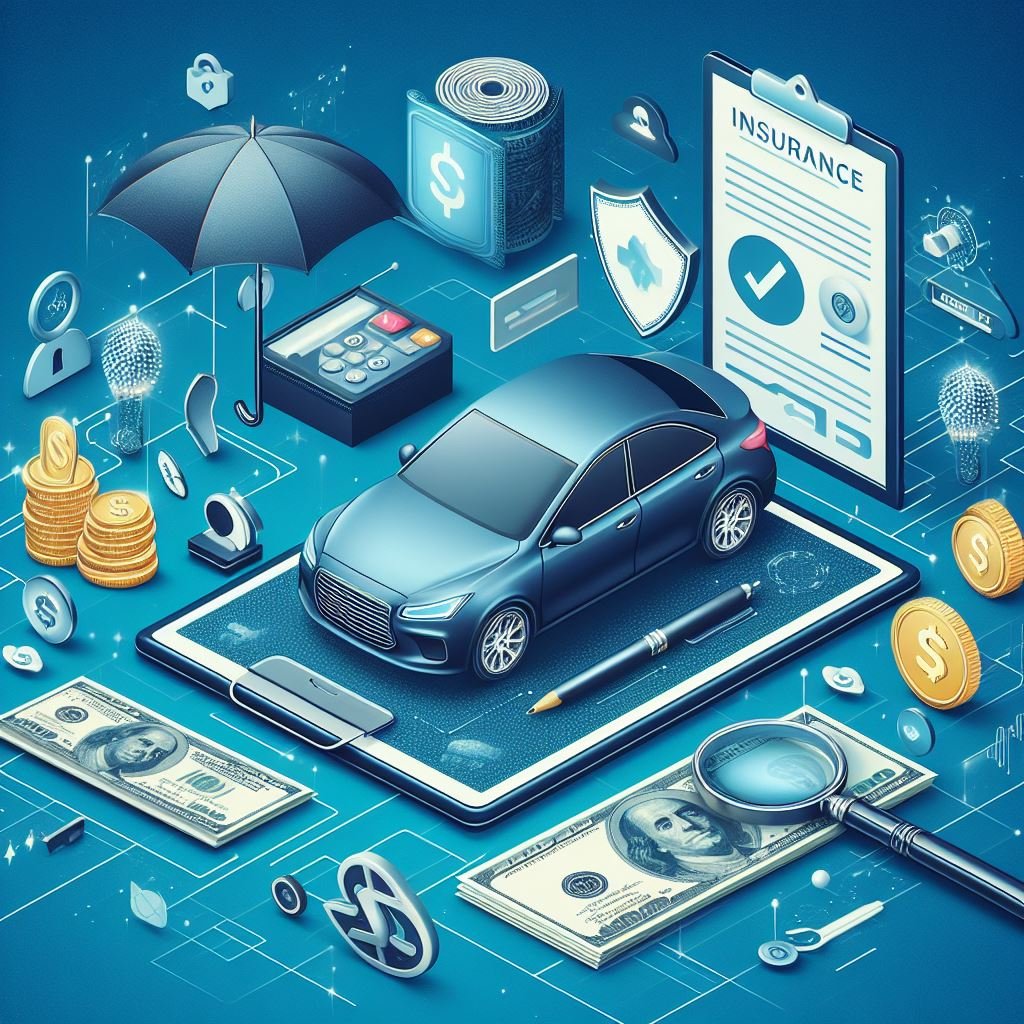Rates in the US have risen 37% since January 2020 as repair tabs for high-tech, sensor-laden vehicles have soared.
- The average annual car insurance premium in the U.S. reached $1,674 in 2023, the highest level ever recorded, according to a report by The Zebra, an insurance comparison website.
- The main factors driving up the cost of car insurance are inflation, which erodes the value of money and increases the price of repairs and medical bills, and accidents, which have become more frequent and severe due to distracted driving and speeding.
- The car insurance bill varies widely by state, with Michigan having the most expensive rates at $3,096 and Maine having the cheapest at $896.
Why it matters: Car insurance is a mandatory expense for most drivers, and it accounts for a significant portion of their transportation budget. A higher car insurance bill adds to the financial burden of consumers, who are already facing rising costs of living and stagnant wages.
The big picture: Car insurance is influenced by a number of factors, such as the type of vehicle, the driver’s age, gender, credit score, driving record, and location. Some of these factors are beyond the control of consumers, while others can be modified to lower the premium. For example, consumers can shop around for the best deal, opt for a higher deductible, bundle their policies, or drive less.
By the numbers:
- The car insurance premium increased by 6.3% in 2023, the largest annual jump since 2017, according to The Zebra.
- The car insurance premium has risen by 33% since 2011, outpacing the inflation rate of 19% over the same period, according to The Zebra.
- The car insurance premium is expected to increase by another 4.5% in 2024, according to The Zebra.
What they’re saying:
- “Car insurance is becoming more expensive for many Americans because of inflation and accidents. Inflation makes everything more expensive, from parts and labor to medical care and legal fees. Accidents are more likely to happen because of distracted driving and speeding, especially during the pandemic,” said Nicole Beck, director of communications at The Zebra, in the article.
- “Car insurance is a competitive market, and consumers can save money by comparing rates and discounts from different providers. Consumers can also lower their premium by choosing a cheaper car, raising their deductible, improving their credit score, or driving less,” said Laura Adams, senior insurance analyst at Bankrate, in the article.
- “Car insurance is a necessary expense, but it can also be a smart investment. Car insurance can protect consumers from financial losses and legal liabilities in case of an accident. Car insurance can also provide peace of mind and security for drivers and passengers,” said Robert Hartwig, professor of finance and co-director of the Center for Risk and Uncertainty Management at the University of South Carolina, in the article.
What’s next: Car insurance is expected to remain a costly and volatile expense for consumers, as inflation and accidents continue to pose challenges. However, car insurance could also become more affordable and personalized in the future, as technology and innovation enable new ways of pricing, delivering, and managing car insurance.






